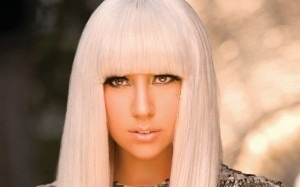
Lady Gaga

Tiepolo: The Meeting of Antony and Cleopatra
“Music, moody food of us that trade in love.”
Dr. Samuel Johnson accelerates the definition:
“It is the only sensual pleasure without vice.” Think of that the next time when you’re making your mind up between Mozart and a Mars bar!
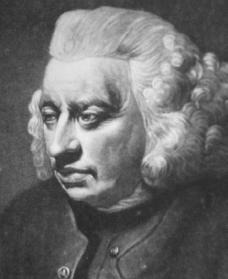
Samuel Johnson
“The only cheap and unpunished rapture upon earth.”
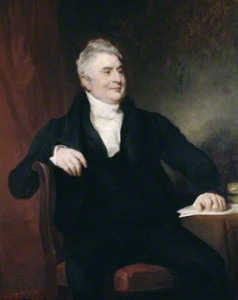
Sydney Smith
“Music is well said to be the speech of angels.”
Sidney Lanier, on the other hand, takes it even further:
“Music is love in search of a word.” Do you think we could match him up with Thomas Carlyle and then we would know the words of the angels?
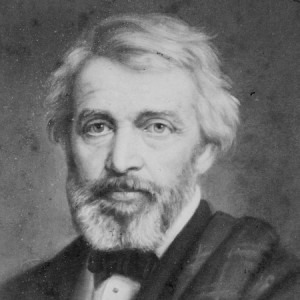
Thomas Carlyle
George Herbert is distinctly unhelpful in his definition:
“Music helps not the toothache.”
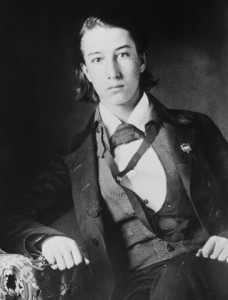
Sidney Lanier
“A polite form of self-imposed torture, the concert.”
Poor George Eliot feels out of the loop:
“Music sweeps by me like a messenger
Carrying a message that is not for me.“
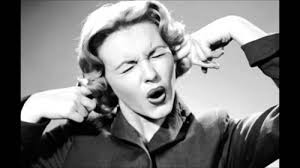
Cover your Ears!
“…what is not worth being spoken, is sung.”
So, what’s your definition of music: something that answers all problems or causes problems itself?




